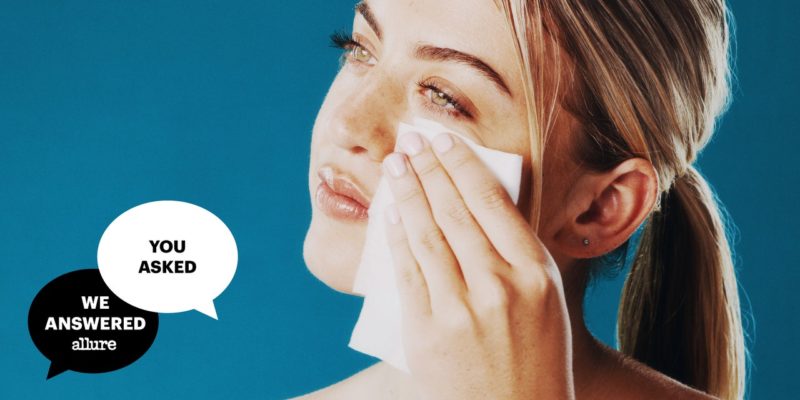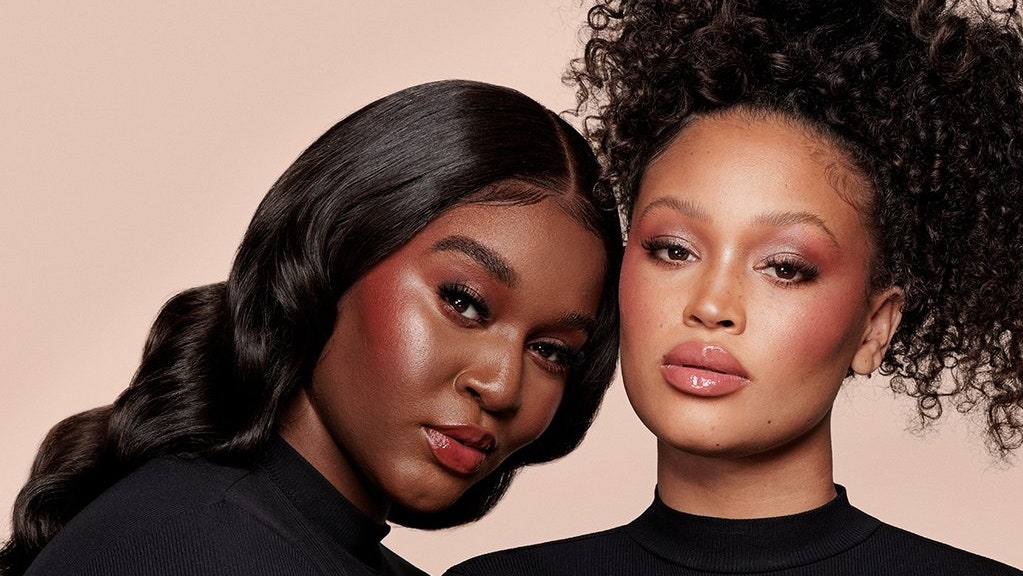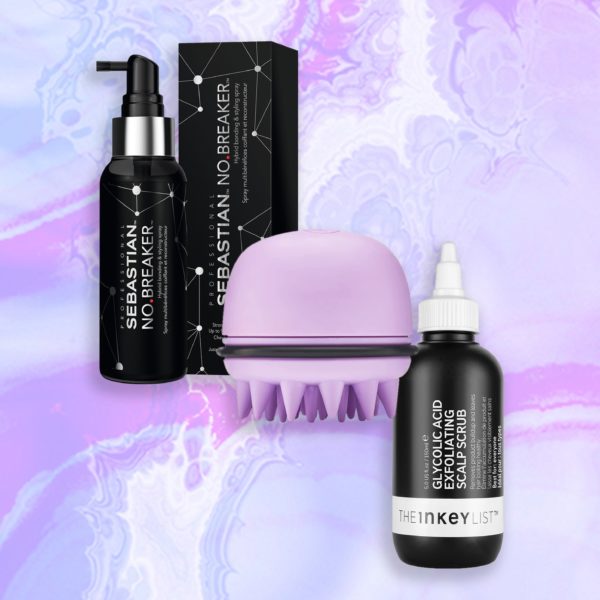You Asked, We Answered: Your Biggest Skin-Care Questions | Readers’ Choice Awards 2021
In honor of our 2021 Allure Readers’ Choice Awards, we’re answering readers’ biggest and most-burning beauty questions with the return of You Asked, We Answered. Here, we’ll supply you with all the solutions to your biggest skin-care concerns.
As part of our annual Readers’ Choice Awards, we asked Allure readers some key questions about beauty, including, but not limited to their skin-care routines, with a fun survey. Sure, we’re nosy, but we also want to be here to help demystify the intricacies of taking care of your complexion. With all the fancy formulas on the market, in-office and at-home treatments debuting, and injectables spiking in popularity, we get how mindboggling it all can be. More than 1,300 members of the Allure Beauty Enthusiast Community ended up sending in incredible inquiries that we just so happen to have answers to.
Below, we break down the ingredients, devices, and products you’re curious about and address the rest of your inquiries with insights from dermatologists and cosmetic chemists.
1. What’s the right way to read a skin-care product’s label?
Believe it or not, only 37 percent of Allure readers say they always peruse the ingredient list before buying a skin-care product, while 47 percent say they sometimes do. If just glancing at the long list of words that seem unpronounceable boggles your mind, we’ve got some tips for you.
First and foremost, those super-long ingredient names aren’t as scary as they may sound. In fact, they could be the key to the product’s success. Take acetyl hexapeptide-8, for example. Cosmetic chemist Ginger King swears by this chemical compound to help stimulate collagen for plumper, firmer skin.
Another trick: Read every single item listed on the bottle. Sure, they are written in order of their concentrations, but just because your favorite falls near the end doesn’t mean it’s not as powerful as it should be. Many ingredients, like peptides and acids, don’t need to be as heavy-handed, as say, glycerin or water, to be effective.
Also, you may not even realize your favorite ingredient is in the serum, moisturizer, or cleanser in question because it’s in an alternative form or derivative. Vitamin C, for example, could appear as ascorbic acid, tetrahexyldecyl ascorbate, magnesium ascorbyl phosphate, and methylsilanol ascorbate; while hyaluronic acid may be disguised as sodium acetylated hyaluronate or sodium hyaluronate. Sneaky, right? Now, you’ll be well-aware of what you’re working with.








